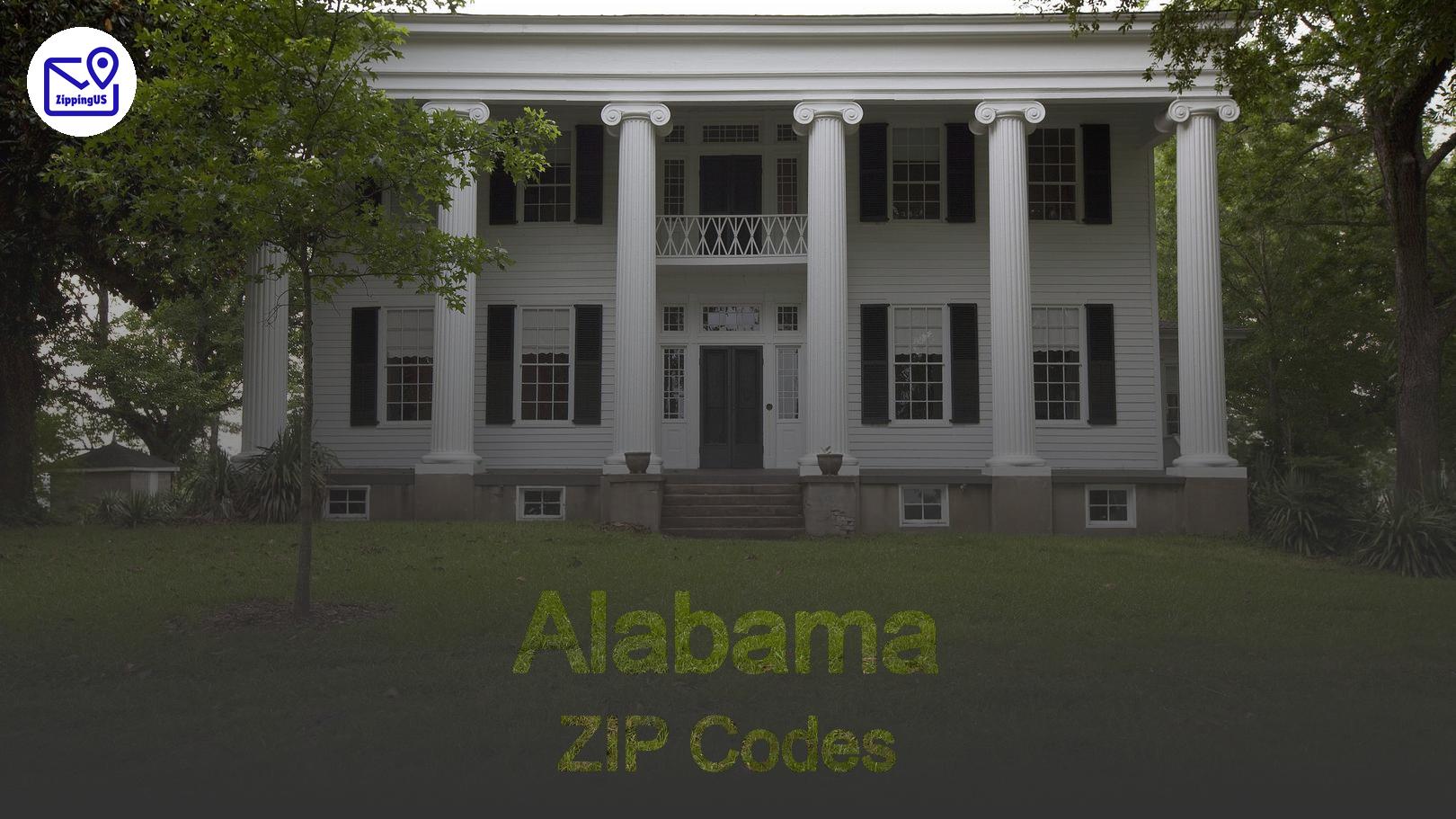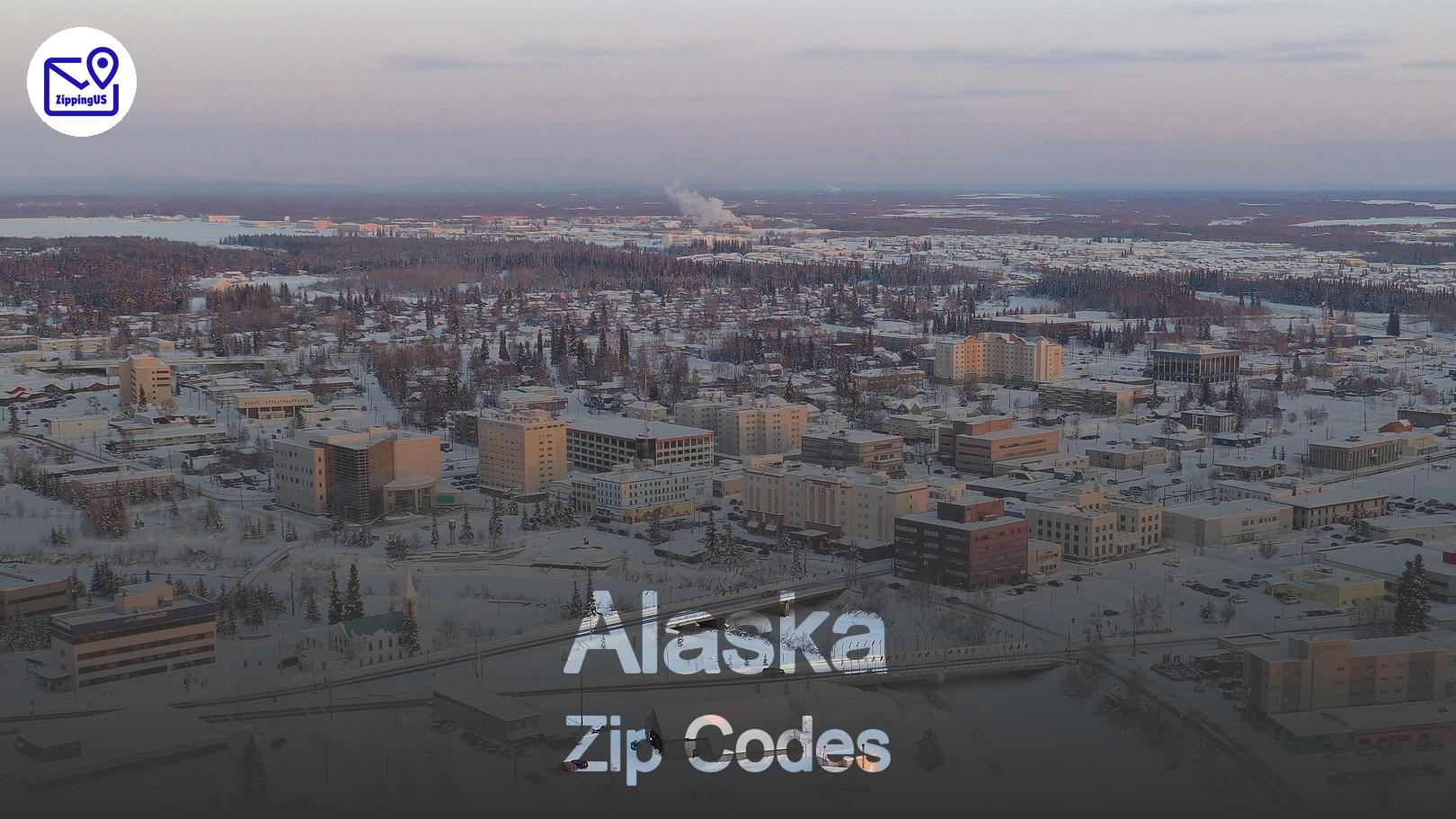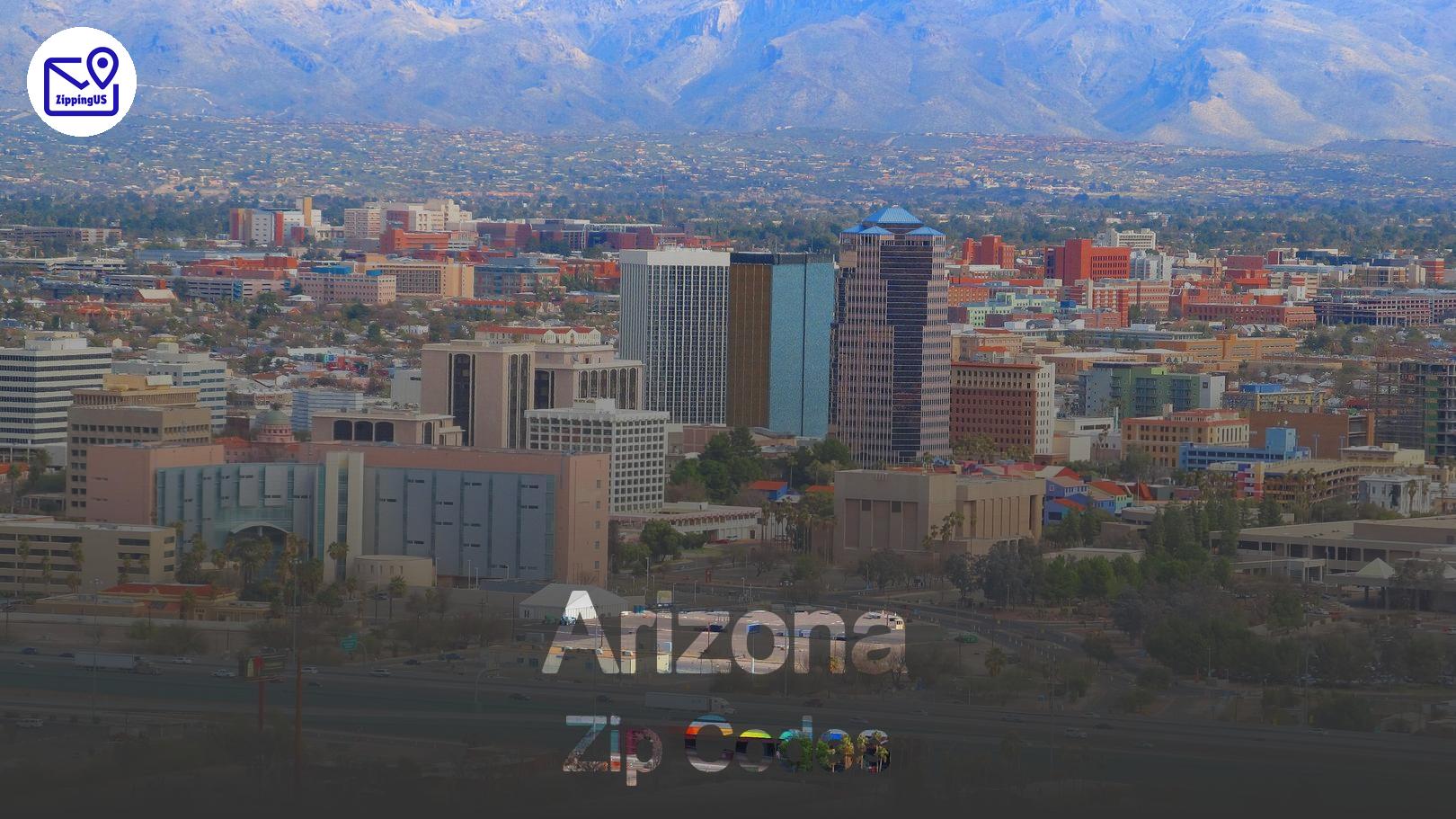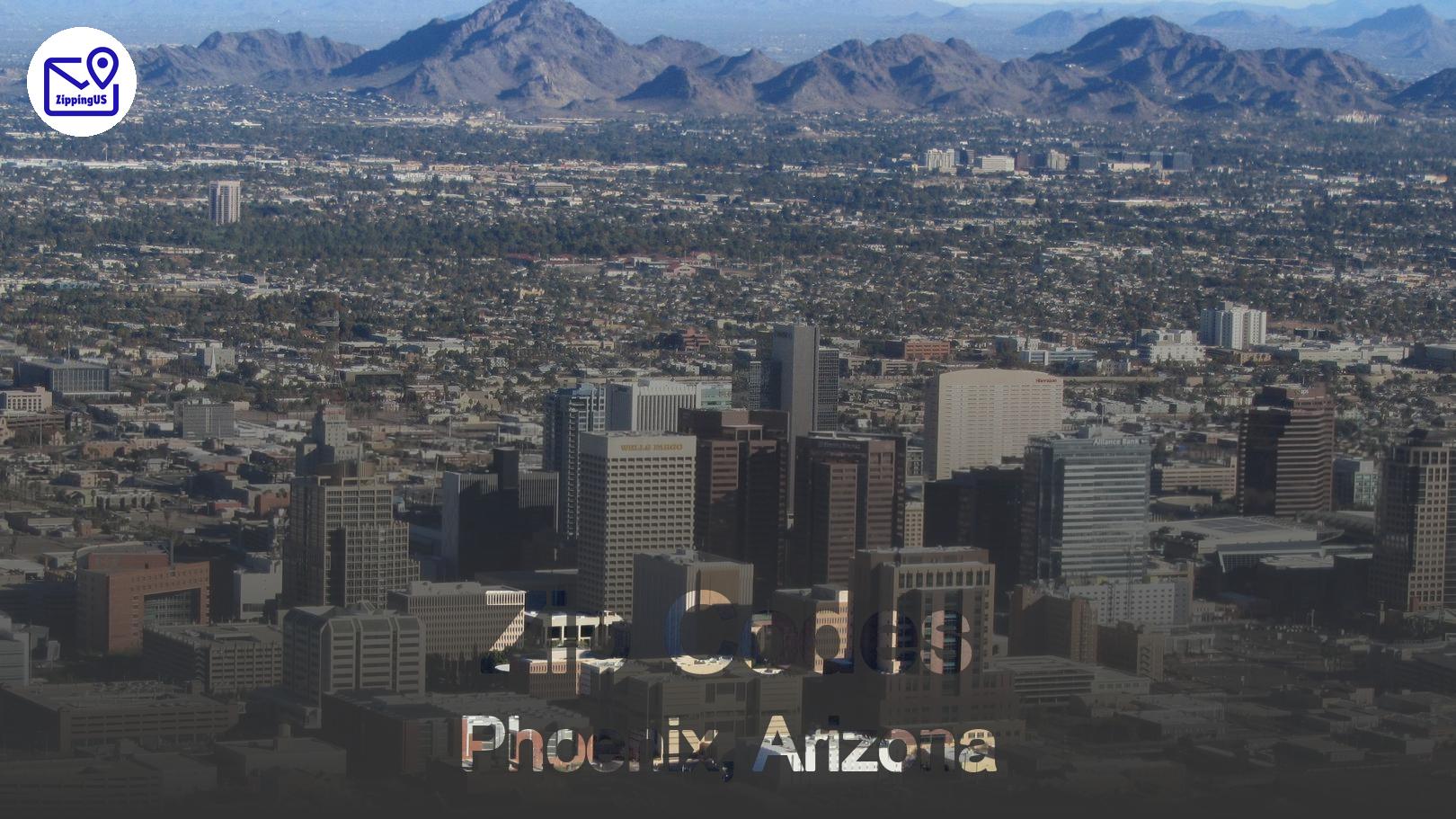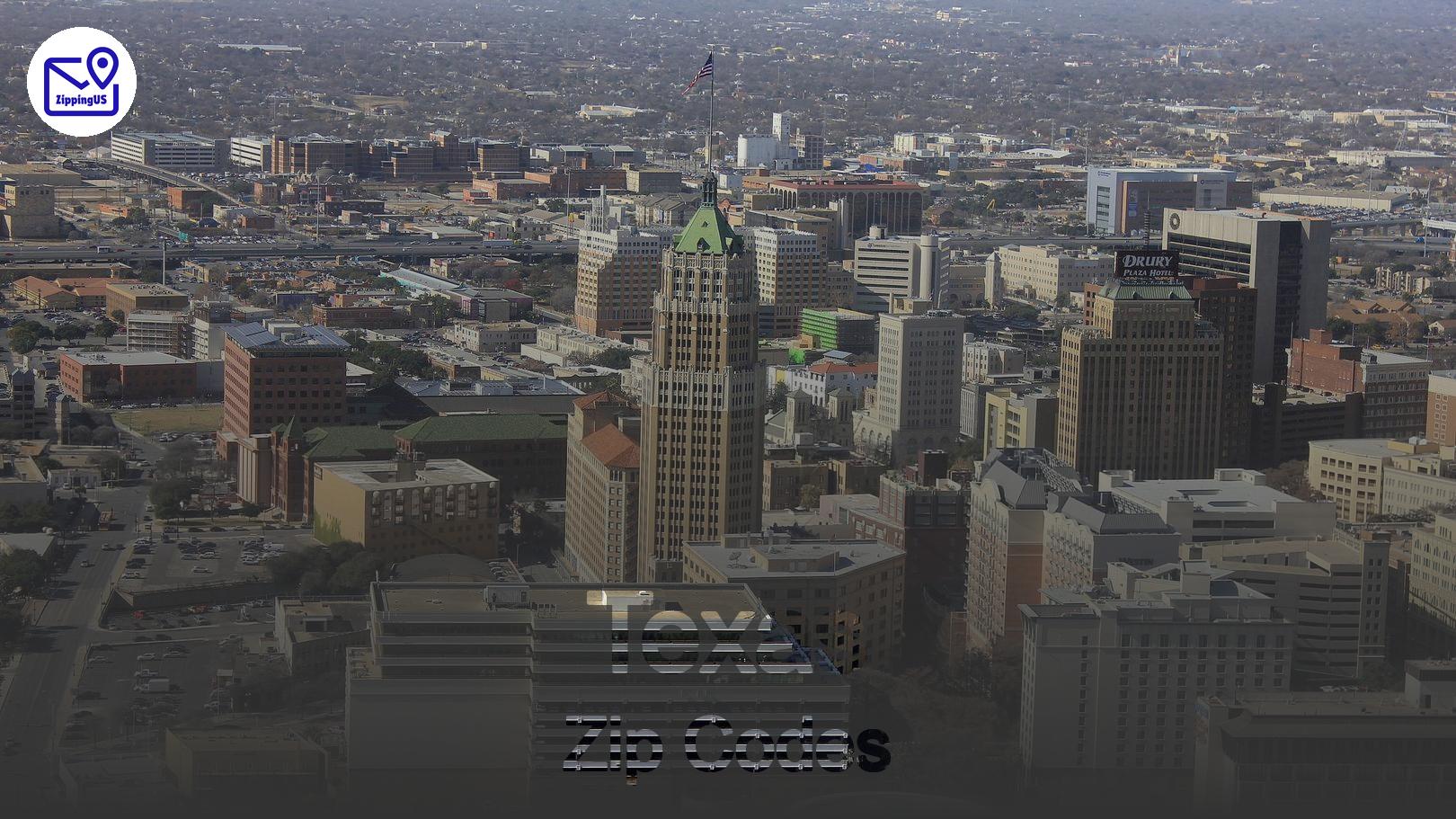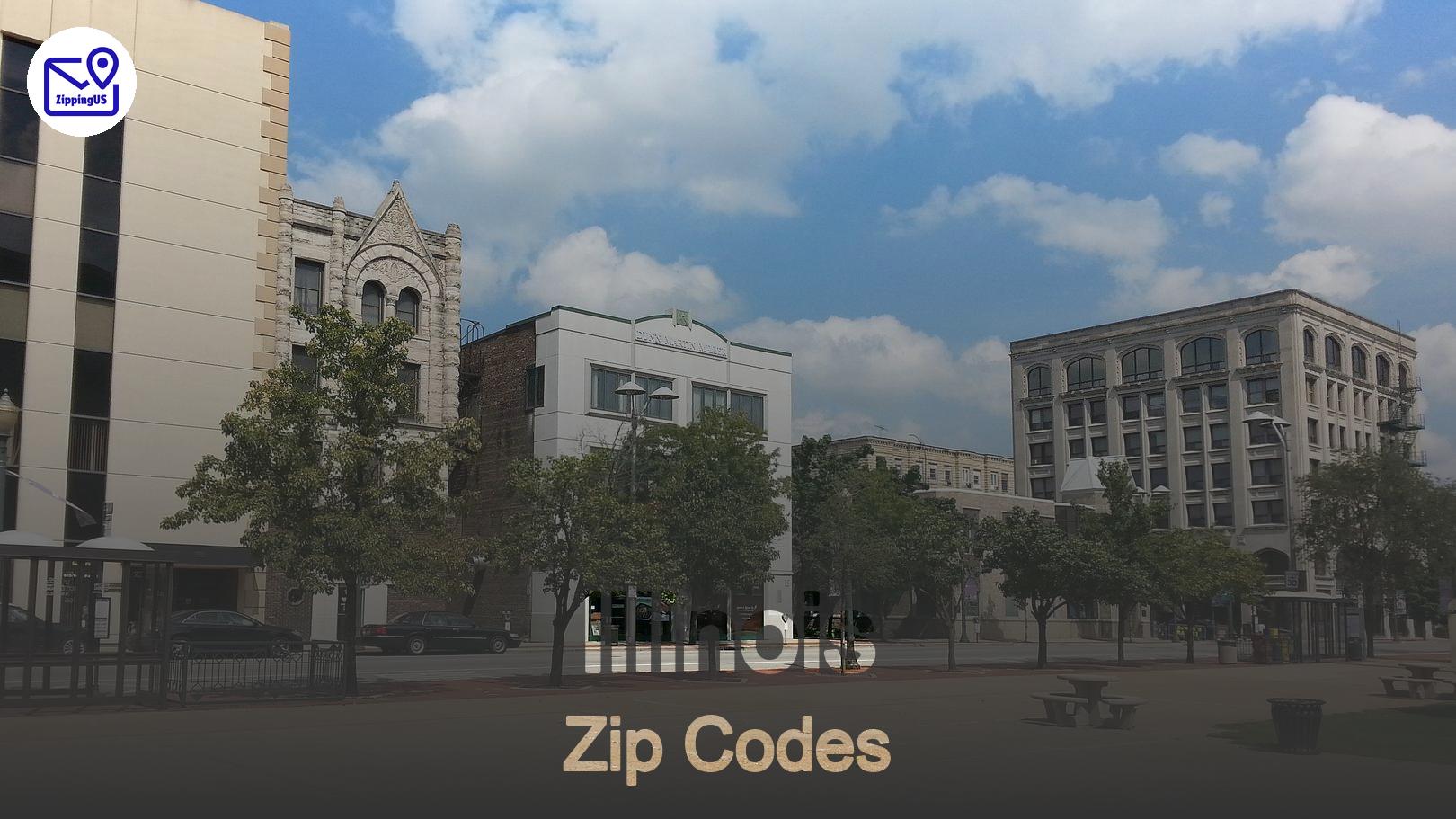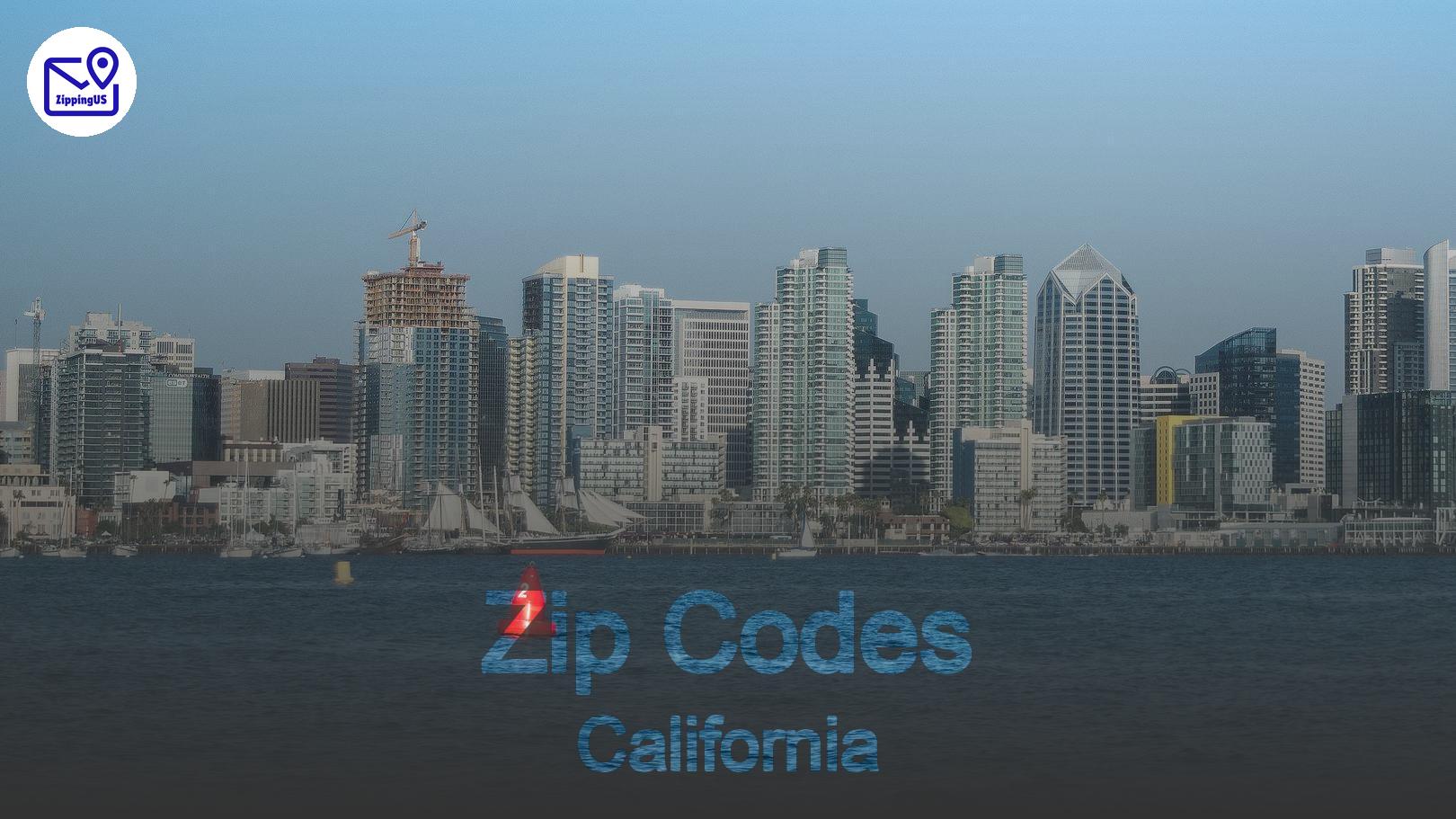When we think of North Carolina, the images that come to mind might be of the towering peaks of the Blue Ridge Mountains, the laid-back beaches of the Outer Banks, or the bustling life in cities like Charlotte or Raleigh. But beneath all of that scenic beauty and urban vibrancy lies something very practical – zip codes. Yes, those little numbers we all know and use to help locate places.
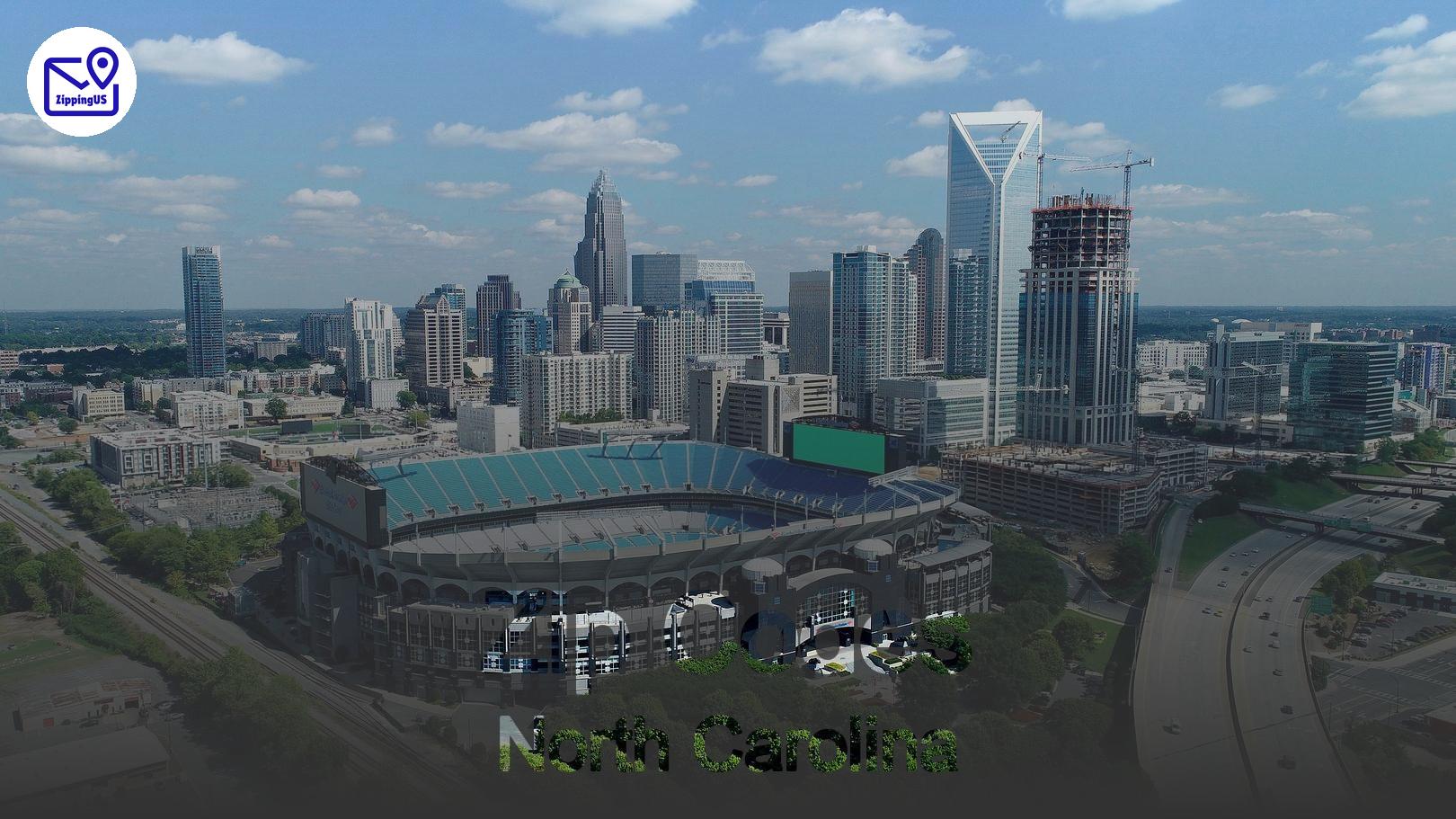
In this article, we'll explore North Carolina zip codes, why they matter, how they're organized, and even offer insights on some interesting areas based on their zip codes.
What is a Zip Code?
Before diving into the specifics of North Carolina zip codes, let's clear up what a zip code is. The ZIP Code system was introduced by the United States Postal Service (USPS) in 1963. It's short for "Zone Improvement Plan," and its primary purpose is to make mail delivery more efficient.
Zip codes group geographical areas together, allowing postal services to sort and deliver mail faster. In North Carolina, zip codes are crucial for everything from mail delivery to finding homes, businesses, and even services in specific regions.
How Zip Codes Are Structured
Zip codes in the U.S. typically follow a five-digit format, with additional four digits (known as the ZIP+4 code) added to give even more detail. Here’s how it breaks down:
- First digit: This represents a broad region in the U.S. North Carolina’s first digit is usually 2, meaning it's part of the Southeastern U.S..
- Next two digits: These narrow it down to a specific area in the state, such as a city or region.
- Last two digits: These get into even more detail, identifying specific post offices within the broader area.
North Carolina Zip Code Overview
North Carolina’s zip codes range from 27006 in Advance to 28909 in Warne, covering everything from the coastal towns to the mountainous west. There are more than 800 zip codes in North Carolina, each telling a unique story about the area's geography, demographics, and economy.
Here’s a breakdown of how zip codes are distributed across the state:
| Region | Example Zip Codes | Notable Cities |
|---|---|---|
| Western NC | 28801, 28786 | Asheville, Waynesville |
| Piedmont (Central NC) | 28202, 27601 | Charlotte, Raleigh |
| Eastern NC | 27804, 28516 | Rocky Mount, Beaufort |
| Coastal NC | 28401, 28557 | Wilmington, Morehead City |
Western North Carolina: Mountain Life (Zip Codes Starting with 28XXX)
If you love hiking and outdoor adventures, the western part of North Carolina is for you. The 28XXX zip codes dominate the mountains. Cities like Asheville (28801), known for its vibrant arts scene and historic architecture, sit comfortably in this zip range.
Asheville's surrounding areas, such as Waynesville (28786), offer beautiful landscapes and a slower pace of life. The Appalachian Mountains are within arm’s reach, making this area popular for both tourists and residents alike.
Piedmont: The Urban and Suburban Heartland (Zip Codes Starting with 27XXX)
Zip codes in the 27XXX range cover the bustling Piedmont region, which includes major cities like Charlotte (28202) and Raleigh (27601). These urban centers are where the action happens, with major businesses, universities, and cultural institutions.
If you're moving to North Carolina for a job or school, chances are you’ll land in this region. With easy access to shopping, dining, and entertainment, it’s a great spot for anyone looking for a lively environment. But the region isn’t just about cities — smaller towns like Concord (28027) and Apex (27502) also fall into these zip ranges, offering a balance of urban and suburban life.
Eastern North Carolina: Coastal Charm (Zip Codes Starting with 27XXX and 28XXX)
Further east, zip codes in the 27XXX and 28XXX range touch upon Eastern North Carolina, which offers a mix of rural charm and coastal beauty. Towns like Beaufort (28516) and Morehead City (28557) are known for their proximity to the Atlantic Ocean and Intracoastal Waterway.
Wilmington (28401), one of the most well-known cities in this region, boasts a combination of rich history, sandy beaches, and a bustling downtown area. Zip codes in this area often appeal to those looking for a slower pace of life with easy access to the coast.
Why Zip Codes Matter
Finding a Home or Business
Whether you're searching for a new home or planning to open a business, zip codes play a big role in your decision. Home prices, school quality, and crime rates can vary significantly from one zip code to another. For instance, homes in 28207 (Myers Park, Charlotte) are often higher-priced due to the area's reputation for excellent schools and beautiful homes, while zip codes like 28208 (West Charlotte) offer more affordable housing options.
Knowing the right zip code for your needs can save you time and money when searching for a property.
Zip Codes and School Districts
For families, zip codes are particularly important when it comes to school districts. Public school boundaries often follow zip code lines, so living in a particular area can determine which school your child will attend.
For example, Raleigh (27609) has several top-ranked schools, making it a popular choice for families. It’s always a good idea to research the zip code when moving, especially if education is a top priority.
Delivery and Services
Even if you're just shopping online, zip codes are crucial. Entering the wrong zip code can lead to delivery delays or lost packages. Many services, from food delivery to ride-sharing apps, also rely on zip codes to pinpoint your location.
Notable Zip Codes in North Carolina
There are some zip codes in North Carolina that stand out for various reasons. Let's take a look at a few that are either well-known, particularly large, or cover significant population centers.
28202 - Uptown Charlotte
This zip code covers the heart of Charlotte's bustling business district. Uptown Charlotte is home to major corporations, including Bank of America and the Wells Fargo headquarters. If you’re looking to immerse yourself in a fast-paced urban environment with skyscrapers and fine dining, 28202 is where you’ll find it.
27601 - Downtown Raleigh
In the state capital of Raleigh, 27601 covers the downtown area. With a mix of historic charm and modern growth, this zip code is home to the North Carolina State Capitol, museums, and trendy restaurants. Living here puts you in the middle of the action, with easy access to everything.
28401 - Wilmington’s Historic District
Located on the southeastern coast, 28401 in Wilmington is known for its historic riverfront and charming downtown area. This zip code attracts those interested in both history and proximity to the beach.
Frequently Asked Questions About North Carolina Zip Codes
What are the most popular zip codes in North Carolina?
Some of the most popular zip codes in North Carolina include 28202 (Charlotte), 27601 (Raleigh), and 28401 (Wilmington). These zip codes are popular due to their central locations in major cities, proximity to amenities, and employment opportunities.
How do I find the zip code for a specific location?
Finding the zip code for a specific area is simple. You can use online tools like the USPS Zip Code Lookup or enter the address into a mapping service like Google Maps, which will provide the associated zip code.
Why do some places have multiple zip codes?
Large cities or regions may have multiple zip codes because they cover a wide area. For example, Charlotte has numerous zip codes like 28202, 28277, and 28205, each serving different neighborhoods or parts of the city.
Conclusion
Understanding North Carolina’s zip codes can unlock a deeper knowledge of the state. From the mountains of the west to the beaches of the east, zip codes are not just numbers – they represent the unique character of each region. Whether you're planning to move to Asheville, open a business in Charlotte, or simply want to explore the coastal life in Wilmington, knowing the right zip code can make a big difference in your experience.
Next time you’re sending a letter, looking for a home, or planning a visit, take a moment to consider the zip code. It’s more than just a number – it’s the key to discovering the best of what North Carolina has to offer!

